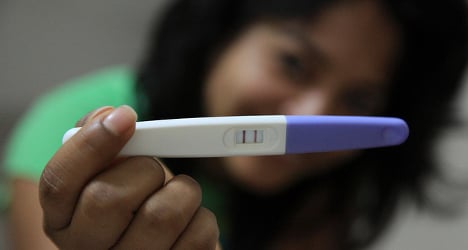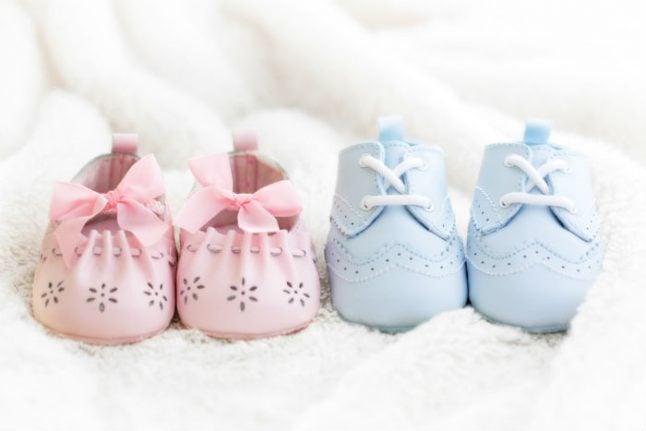On Tuesday Switzerland’s highest court ruled partially in her favour, saying the obligation of health insurers to cover fertility treatment does not have a fixed age limit.
The woman, who was 44 at the time, underwent artificial insemination and asked her health insurer, reported in the press as Intras, to cover the costs under the terms of compulsory Swiss basic medical insurance.
But the insurer refused, saying that the woman’s infertility wasn’t a medical problem but was due to her age. As a result her treatment was not considered “effective” and therefore didn’t meet the criteria specified by basic medical insurance, it said.
The woman took the case to a Vaud cantonal court which ruled in her favour in May 2015, ordering Intras to pay for the treatment.
However Intras then appealed to the federal supreme court in Lausanne.
In judging the case in a public hearing on Tuesday, the court said it partly accepted the insurer’s position, saying it was true that a decrease in fertility due to a person’s age was not an illness.
However, it said, given medical consensus does not specify an age limit after which time conception is no longer realistic, the effectiveness of any fertility treatment cannot be judged on a woman’s age.
“The chances of success must be determined medically based on the facts of each individual case,” said the court in a statement.
If the medical facts do not indicate a clear conclusion, the court of first instance should re-examine the case and come to a fresh decision, it said.
The court therefore threw out the appeal by Intras and ordered the Vaud cantonal court to reconsider the case.
Costs for fertility treatment in Switzerland can be high.
According to Swiss law basic medical insurance is obliged to cover the cost of artificial insemination up to three treatment cycles per pregnancy.
However In vitro fertilization – or IVF – is not covered by compulsory health insurance.
The average age for women who receive artificial insemination in Switzerland is 37.
According to the federal statistics office, 6,269 women received fertility treatment in 2014, the last year for which figures are available.
That’s nearly double the number who underwent treatment ten years previously.
In March Swiss businesswoman Margarita Louis-Dreyfus gave birth to twin girls at the age of 53.

Chart showing the number of women treated for infertility and the number of live births. Source: Swiss Statistics




 Please whitelist us to continue reading.
Please whitelist us to continue reading.
Member comments